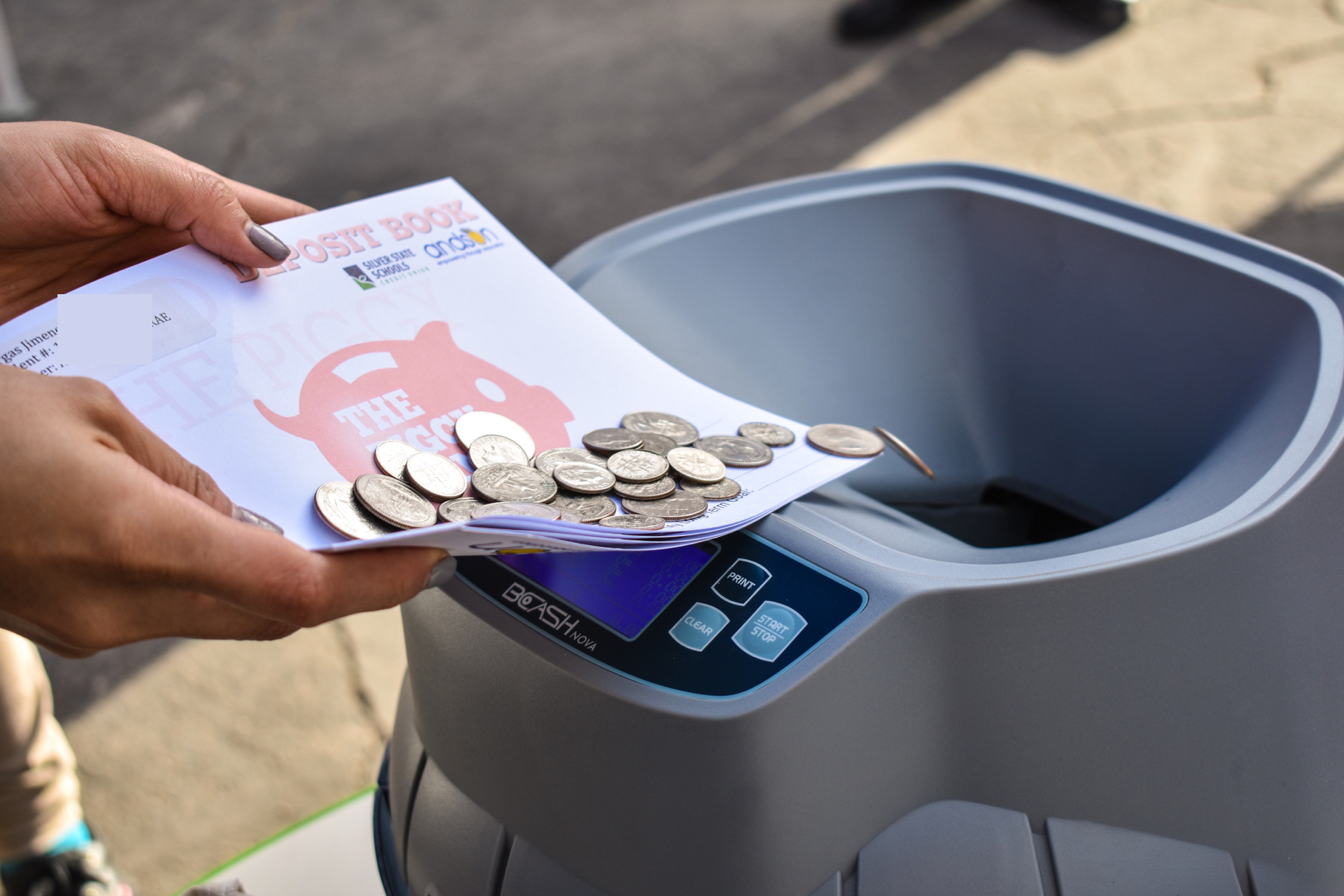To start off Financial Literacy Month, we’d like to start from zero by first tackling the most basic concepts regarding personal finance and building up from there. Just like with everything, it is important to start from the very basics in order to understand what the more complicated topics are even about. Without further ado, we will share ten basic personal finance terms that will help you become more savvy with how you manage your own money.
Budget (n.)—to plan how money will be used, whether it is spent, saved, or invested.
50-20-30 Method (n.)—a budgeting method that allows for 50% of your income to go towards necessities, 20% towards savings, and 30% towards things that you want rather than need.
Save (v.)—to put aside money; to avoid unnecessary waste or expense; to spend less money.
Spend (v.)—to use up or pay out.
Expenses (n.)—something expended to secure a benefit or bring about a result; financial burden or outlay; cost.
Variable—expenses that are subject to change in amount over time, usually dependent on your income change.
Fixed—expenses that do not change in amount over time and are independent from any income changes.
Investing (v.)—to commit money in order to earn a financial return. This can be done either through stocks (a riskier option with the potential for high return) or bonds (an interest-bearing certificate with little risk that delivers return after a specific period of time).
Credit (n.)—the provision of money, goods, or services with the expectation of future payment.
Credit Score (n.)—a score, ranging from 350 to 850, that determines your creditworthiness gathered from third party credit agencies based on how you have paid off your credit. The higher your credit score, or FICO score, the more creditworthy you are.
Debt (n.)—a state of being under obligation to pay or repay someone or something in return for something received; a state of owing.
Interest (n.)—a charge for borrowed money generally a percentage of the amount borrowed; the profit in goods or money that is made on invested capital; an excess above what is due or expected.
Simple Interest (n.)—interest paid or computed on the original principal only of a loan or on the amount of an account.
Compound Interest (n.)—interest computed on the sum of an original principal and accrued interest.
Bank Account (n.)—an arrangement made with a bank whereby one may deposit or withdraw money and in some cases be paid interest.
Checking Account (n.)—a bank account against which the depositor can draw checks.
Savings Account (n.)—a bank account on which interest is usually paid and from which withdrawals can be made usually only by presentation of a passbook or by written authorization on a prescribed form.
Identity Theft (n.)—the illegal use of someone else’s personal information, especially in order to obtain money or credit.
Social Security Number, or SSN (n.)—a number that is given to each citizen of the US by the government and that is used for the Social Security program and for official forms and records.

